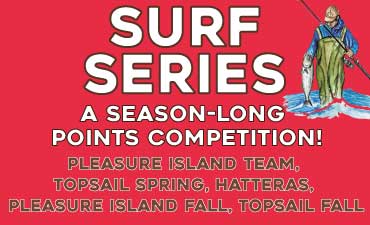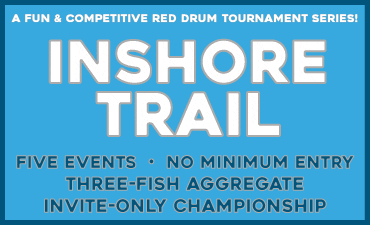March On Washington

Anglers (part of the 4,000+ strong crowd in attendance) protest at the Capitol in Washington, D.C, on February 24th. Charter, commercial, and recreational fishermen came together to lobby for reforming the Magnuson-Stevens Act (MSA) to allow for more flexibility in fisheries management.
Waving signs and banners and chanting slogans, anglers from around the country arrived in Washington, D.C. on February 24 to lobby for reform and flexibility in national and regional fisheries management.
User groups that are frequently at odds, commercial and recreational fishermen from all the Atlantic and Gulf states and as far away as Alaska banded together for the protest, gathering on the Capitol steps to make their combined voices heard. The so-called March on Washington brought 30 buses and over 4,000 concerned anglers to the nation’s capitol.
The central issue for those in attendance is 1976’s Magnuson-Stevens Fishery Conservation and Management Act (MSA) and changes approved to that act in 2007—changes that force fishery managers into restrictive fisheries closures based on the “best available science,” which frequently isn’t all that great.
Such is the case in southeastern NC, where gag grouper, red and vermilion snapper, and other bottomfish are under tight restrictions and seasonal closures despite the fact that fishermen are seeing more of these species now than at any point in the past decade.
Unfortunately, according to the data compiled by researchers, populations of these fishes are at critical low points.
“I don’t think any of us want Big Brother interfering with our fishing,” says Capt. Tim Barefoot, a Wilmington tackle manufacturer and fisherman, “but if they’re going to do it, at least do it with good data—actual facts. Don’t shut us down based on a guess.”
While erring on the safe side with fish populations (essentially what the “best available science” provision of the MSA does) isn’t a bad idea in theory, the fishery closures and restrictions have huge unintended consequences in coastal communities where fishing is a major facet of the economy and way of life. That commercial and charter fishermen lost income if a fishery is closed is a given. What many fail to consider is the overall lost revenue to an area’s economy if anglers are no longer buying fuel, tackle, bait, ice, and everything else required to pursue a species that’s been closed or had been so severely limited that anglers stop targeting them.
No one would agree that healthy fish stocks are important more than the anglers and communities that depend on them to put food on the table, but shutting down a dubiously overfished species at the expense of jobs and local economies is a poor substitute for sustainable management for both fish and fishermen.
The changes that anglers are lobbying for would revamp Magnuson-Stevens to allow managers more flexibility in making decisions to rebuild fish stocks, and mandate more accurate methods of conducting population surveys on which the decisions are made.
Eric Schwaab, the National Oceanic and Atmospheric Administration’s Fisheries Director, posted a rebuttal to March on Washington participants on NOAA’s website, but in the eyes of local anglers, it falls flat as he failed to hear their major complaint.
“Schwaab missed the point,” says Capt. Dave Tilley, of the Morehead City headboat “Continental Shelf.” “The available data sucks, but they’re making rules on it. He never addressed the bad data in his rebuttal.”
Facing long closures of grouper and vermilion snapper, the two main targets for “Continental Shelf” anglers, the boat has been sitting idle since last fall for the first time in Tilley’s career.
Magnuson-Stevens isn’t anglers’ only problem on a national scale, as NOAA has its eyes on another management strategy that may negatively impact local fishermen. Catch shares (also known as Individual Transferable Quotas or ITQ’s) are also on NOAA’s radar.
Essentially, catch share management involves allocating the quota for a fishery to the anglers and allowing them to sell their shares of the quota. While it doesn’t sound all bad and has shown some promise in rebuilding down fisheries, the catch share system almost always results in the concentration of the majority of the quota in the hands of a few large corporations or entities and the exclusion of smaller fishing operations from a fishery.
Understandably, most local fishermen see such exclusionary management techniques as unacceptable.
While the March on Washington was a start in involving local anglers in the federal policies that affect them, there’s still a long row to hoe.
“I think we did a great job up there,” Tilley said, “but we’ve got to stay on top of Raleigh here, too. Richard Burr is on board with us, but we’ve got to keep contacting our legislators.”
Anglers can contact NC Senators Richard Burr and Kay Hagan through their websites burr.senate.gov and hagan.senate.gov to express their concerns with fisheries regulations.





